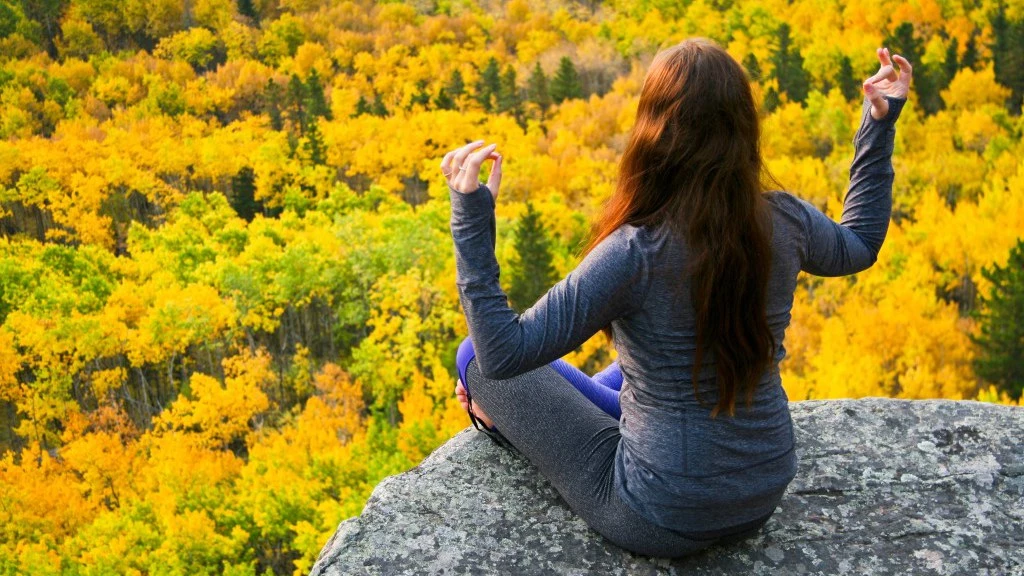Yoga Aids Natural Disaster Survivors, Helps with Post Traumatic Stress Disorder

Haiti’s devastating earthquake has not only spread physical destruction in its wake, but in taking over 100,000 lives, left a nation of survivors stricken with grief as well. Emerging from a natural disaster in one piece, while a blessing, can only provide so much comfort for someone faced with the loss of loved ones.
Survivors of earthquakes, tsunamis, floods, and other destructive forces of nature often find themselves coping with emotional, if not physical, wounds. Fortunately, for those who suffer the pain of loss, there are ways of finding solace and peace; studies reveal that yoga for stress can help survivors get through these emotionally difficult times.
A study published in Evid Based Complement Alternat Med,. 2007 examined yoga’s effect on 47 survivors of 2004’s Indian Ocean tsunami. The participating survivors had not only lost their homes and possessions, but family and friends as well. Although emergency rescue managed to provide for their immediate needs, many of the survivors were still shaken and suffering from high levels of stress, anxiety, and grief one month after the event.
At this time, the 47 survivors participated in study that administered a one-week yoga program. Before the program, the survivors rated their experiences of fear, anxiety, sadness, and disturbed sleep. In addition, each participant’s heart and breath rates were recorded through polygraph readings.
At the end of the week, participants again evaluated their levels of emotional discomfort and received measurements for heart and breath rate. The study found that not only did fear, anxiety, sadness, and disturbed sleep drop significantly across the board, but that heart and breath rates, key indicators of psychological distress, dropped as well.
In addition to aiding survivors of 2004’s Indian Ocean tsunami, yoga brought relief to another group of natural disaster victims after Bihar’s devastating floods a few years later. In August, 2008, heavy monsoons breached the embankments of the Kosi river, causing death and destruction that impacted over 2.5 million lives. A month after the event, survivors, still housed in temporary shelters, continued to grapple with grief, anxiety, and depression.
At this time, researchers gathered 22 volunteer survivors to participate in a study on yoga’s effects on post traumatic stress disorder (PTSD). The study measured and blind-scored participants’ anxiety and sadness levels using visual analog scale (VAS). After initial measurements, the survivors were split into two groups: 11 received daily, hour-long yoga classes over the course of a week, while the remaining 11, the control group, were put on a wait-list.
At the end of the week, researchers again measured the participants’ experiences of anxiety and sadness. Not only did they find a significant decrease in sadness in the yoga group, but they actually found an increase in anxiety in the control group.
The results of this study indicate that a week of yoga can not only help relieve feelings of sadness, but possibly prevent increases in anxiety among those suffering from PTSD. Findings were published in BMC Psychiatry, 2010.
Both of these studies reveal yoga’s potential benefits for those suffering from PTSD and the aftershocks of natural disasters. Survivors coping with loss of loved ones, property, community, and sense of security can find emotional solace and even relief from the physical symptoms of anxiety through yoga.



